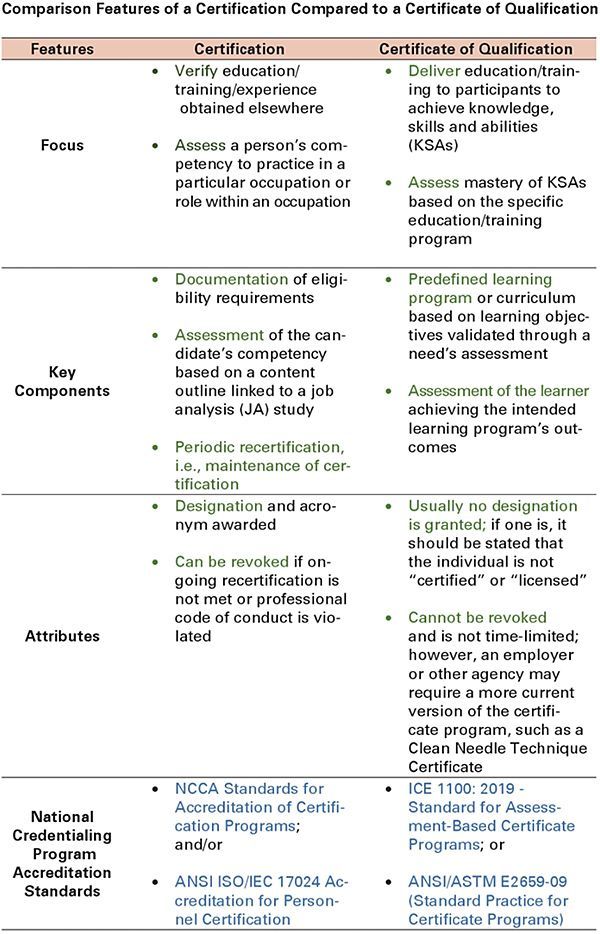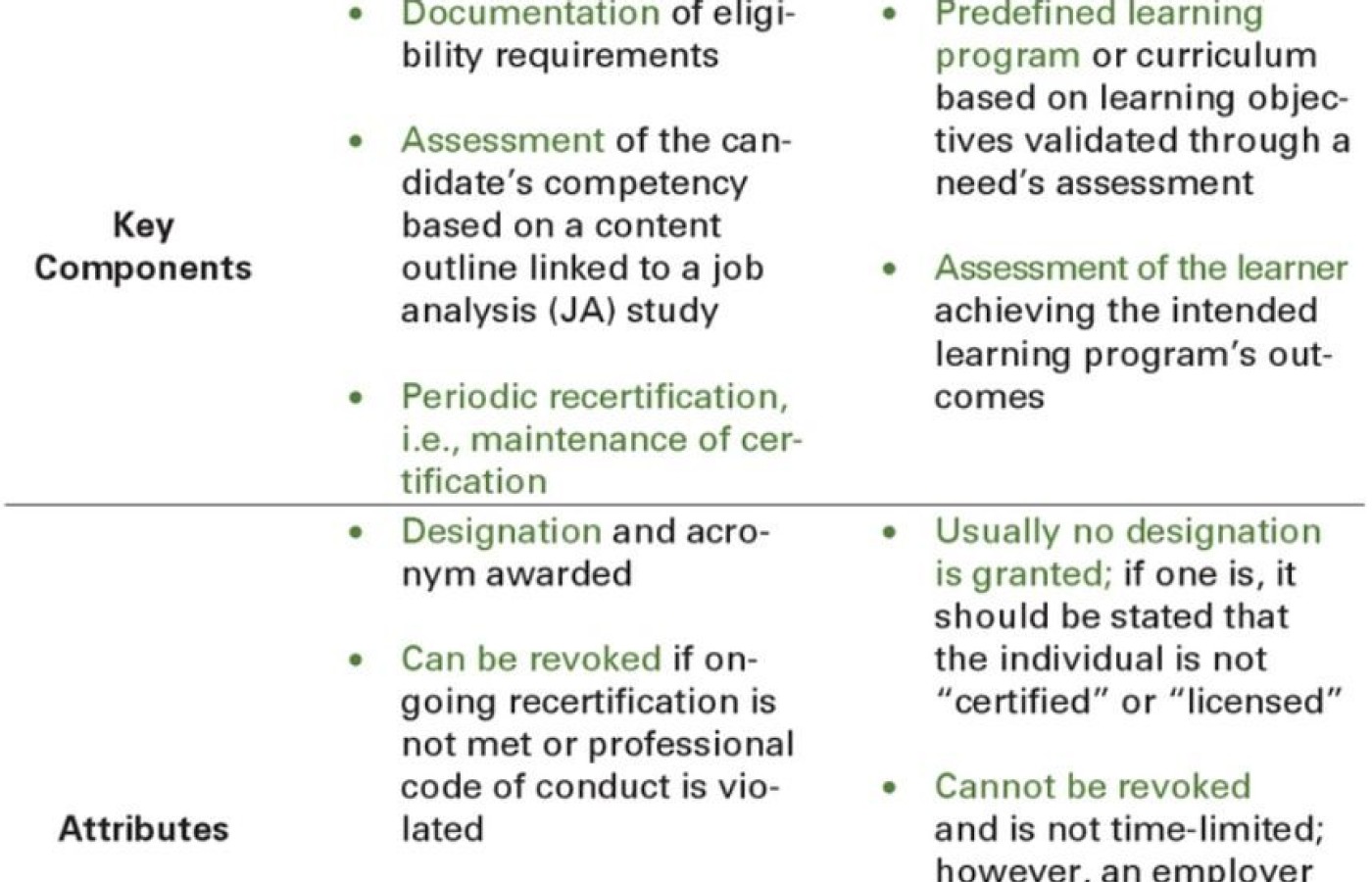The most important relationship I seek to nurture in the treatment room is the one a patient has with their own body. We live in a culture that teaches us to override pain, defer to outside authority, and push through discomfort. Patients often arrive hoping I can “fix” them, but the truth is, we can’t do the work for them. We can offer guidance, insight and support, but healing requires their full participation.
Understanding Professional Credentials: Certifications vs. Certificates of Qualification
The NCCAOM nationally accredited Diplomate of Acupuncture [Dipl. A.C. (NCCAOM)], Diplomate of Chinese Herbology [Dipl. C.H. (NCCAOM)] and Diplomate of Oriental Medicine [Dipl. OM (NCCAOM) ] certifications are measures of professional competence within the acupuncturist community. Those who hold these certifications must achieve three significant requirements:
- Meeting eligibility to take the NCCAOM National Board Exams by documenting education and professional preparation
- Passing three or four (depending upon the certification held) separate NCCAOM National Board certification examinations
- Maintaining continuing-education requirements known as NCCAOM professional development activities

Additionally, the Diplomate of Acupuncture and the Diplomate of Oriental Medicine certifications require a separate documentation of passage of a Clean Needle Technique Certificate, offered by the Council of Colleges for Acupuncture and Oriental Medicine (CCAOM).
Board certifications have very unique purposes and differences in requirements, and have a focus on professional personnel competency assessment, with an emphasis on psychometrically validated competency testing. A certificate program, such as the CNT certificate program, focuses on mastery of the learning content, and assessment that confirms that the learning content was mastered by the certificate holder. While both are credentials, these are two extremely different levels of competency and are used for very different purposes.
The Institute for Credentialing Excellence (ICE; formerly known as the National Organization for Competency Assurance – NOCA) has become a worldwide leader in setting quality standards for credentialing organizations, such as the NCCAOM, a current member of ICE. Furthermore, ICE has provided more than 30 years of credentialing services to credentialing organizations and institutions. Currently, ICE is accredited by the American National Standards Institute (ANSI) as a developer of American National Standards; therefore, much of the content provided in this article is taken from publications and standards published by ICE.1-4
Let's discuss the differences between a professional certification and a COQ (i.e., an assessment-based certificate program); and introduce the Chinese Herbal COQ in development at the NCCAOM.
Certification vs. Certificate of Qualification: What's the Difference?
Certification is a voluntary process by which a non-government agency (e.g., a certification organization such as the NCCAOM) grants time-limited recognition and use of a credential to an individual after verifying he/she has met predetermined and standardized criteria. A profession uses certification to distinguish holders of the certification (those who are national board-certified) who have met documented competency standards, which have been periodically validated through a job or occupational analysis which meets legal and psychometric requirements.
The holder of a professional certification is called a certificant. NCCAOM certificant holders may call themselves one or more of the following, depending on the certifications they hold:
- NCCAOM Diplomate of Acupuncture [Dipl. A.C. (NCCAOM)]
- NCCAOM Diplomate of Chinese Herbology [Dipl. C.H. (NCCAOM)]
- NCCAOM Diplomate of Oriental Medicine [Dipl. O.M. (NCCAOM)]
A certification program's focus is on assessing knowledge, skills and abilities, or competencies already acquired. Validation of competency is done through psychometrically valid and reliable testing.
In order to be an accredited certification program, such as the NCCAOM's certification program cited in this article, the program must be independent of the learning activities and the certification must be broad in scope (typically affiliated with a specific occupational role), and associated with the certificant being awarded a designation, which can be referenced by a certificant who recently gained or maintained the certification through a certification maintenance (i.e. recertification) process. Please see the NCCAOM article, "Displaying Your Credentials Proudly and Properly," for more information on credential types and how to properly cite the associated designations awarded; as well as the order in which to list them after your name.
The National Commission for Certifying Agencies (NCCA), a separate, independent Commission within ICE, awards accreditation for certification programs which meet the NCCA Standards for the Accreditation of Certification Programs.1 NCCAOM's certification programs in acupuncture, Chinese herbology and Oriental medicine are all accredited by the NCCA.
An assessment-based certificate program's primary focus is to provide instruction and training with the goal to acquire specific, narrowly defined, knowledge, skills and competencies; however, in the case of an assessment-based certificate program, also known as a COQ, a reliable assessment is used to evaluate the mastery of the intended learning outcomes and is directly linked to specific learning events.
An assessment-based certificate program or COQ recognizes a relatively narrow scope of specialized knowledge used in performing tasks related to a distinct profession or occupation. This credentialing processes results in a certificate; however, the certificate is received after completing both the coursework and passing the assessment, which is linked to mastery of the program content. One who completes a certificate program is known as a certificate holder.
The following table provides a quick comparison between a professional certification program and a COQ, e.g., an assessment-based certificate program. In this table, note the references to NCCA as an accreditor of both professional certification programs and assessment-based certificate programs. Also included in the table is a reference to the American National Standards Institute (ANSI), another accreditation agency for both credentials.
Discussion / Take-home Points
As professions evolve, so do the types and number of credentials used by those practitioners in the applicable work force. Professional certifications verify the competency for someone to practice in a practice in a particular occupational role, such as an acupuncturist. COQs are created to verify mastery of more advanced or additional job-related skills associated with a specialty or expanded job responsibility or practice. The COQs, therefore, are used for professional development of a practitioner who is already certified or licensed to practice or to be hired by an employer.
While this article focuses on the difference between a professional certification and an assessment-based certificate program, also known as a COQ, licensure is a separate government-sponsored credential which gives the practitioner the legal privilege of practicing an occupation. Licensing boards often require licensees to hold a national certification as one of the licensing requirements.
Professional certifications and COQs are continuing to gain more traction in preparing the work force. A new bipartisan bill would expand the use of "529" education savings accounts to cover the fees related to professional certification and credentialing programs. The American Society for Association Executives (ASAE) and the Professional Certification Coalition say it would benefit associations and the work force.
ASAE and the Professional Certification Coalition have endorsed a bipartisan bill, introduced Dec. 6, 2019, to expand individuals' use of 529 education savings accounts to cover the costs of professional certification and credentialing programs.
References
- Defining Features of Quality Certification and Assessment-Based Certificate Programs. Institute for Credentialing Excellence, 2010.
- NCCA Standards for the Accreditation of Certification Programs. National Commission for Certifying Agencies, 2016.
- ICE 1100 (E) - Standard for Assessment-Based Certificate Programs. Institute for Credentialing Excellence.
- Table: Assessment-Based Certificate Programs Compared to Professional Certification Programs. Institute for Credentialing Excellence.



